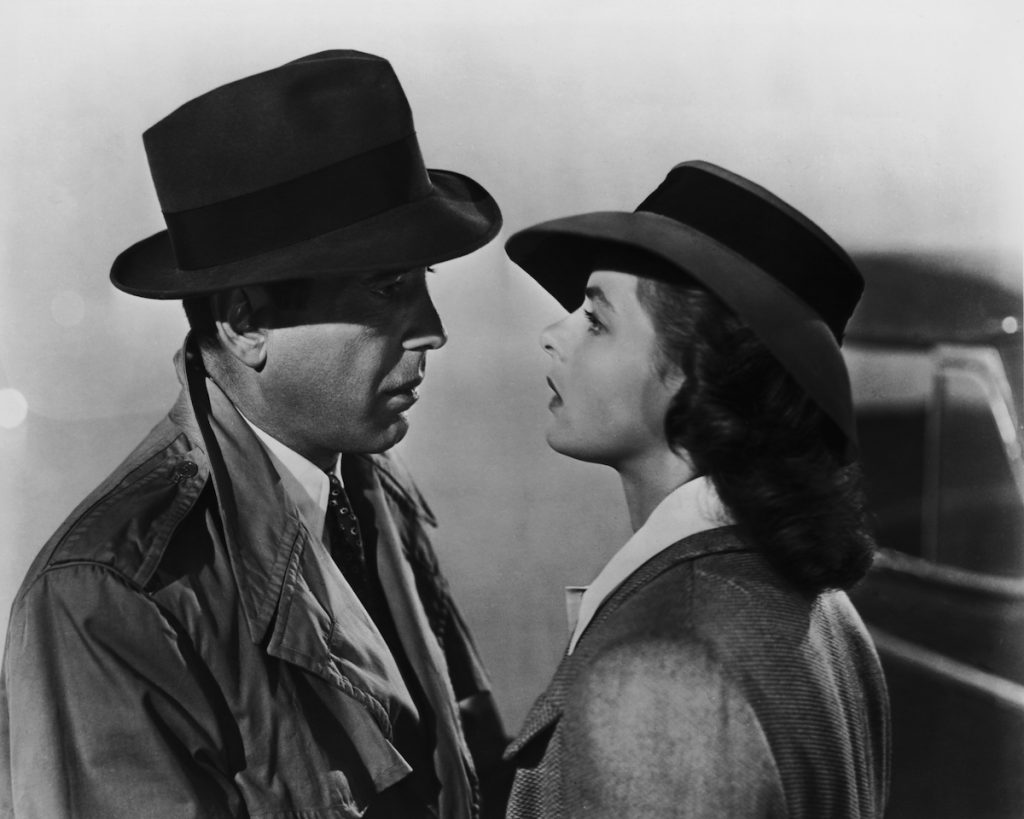The lead story in the New York Times on Sunday, May 22, was titled “Long Slide Looms for World Population, With Sweeping Ramifications.” The first paragraph read:
All over the world, countries are confronting population stagnation and a fertility bust, a dizzying reversal unmatched in recorded history that will make first-birthday parties a rarer sight than funerals, and empty homes a common eyesore.
Further into the story was this paragraph referring to South Korea:
Universities below the elite level, especially outside Seoul, find it increasingly hard to fill their ranks — the number of 18-year-olds in South Korea has fallen from about 900,000 in 1992 to 500,000 today. To attract students, some schools have offered scholarships and even iPhones.
And several paragraphs later: “Many countries are beginning to accept the need to adapt, not just resist. South Korea is pushing for universities to merge.”
In my most recent blog entry on May 21, titled “Tenure Kerfuffle,” I ended it by indicating that in the post-internet era the concept of tenure was outrageous. The Times story provides another reason why tenure is going to have to go away.
According to the Times story: “South Korea’s fertility rate dropped to a record low of 0.92 in 2019 — less than one child per woman, the lowest rate in the developed world.”
So, let’s assume that the United States is not going to have a 44.44 percent drop in 18-year-olds in ten years like South Korea did, but it might have, say, a 25 percent drop.
If I were president of a non-Ivy League, non-elite (top 30) university, I’d start planning now for how my university was going to deal with, a potential 25 percent drop in the 18-year-old population and therefore a potential 25 percent drop in enrollment. What areas of expenses would I look at to reduce in order to adjust to a potential drop of at least 25 percent in tuition revenue?
After looking at cutting administrative and other non-teaching expenses, eventually, I’d look at teaching expenses, and I’d have to ask myself, “In these times of declining population, do I want to obligate my university to a life-long contract to a 35-year-old teacher who I can’t fire unless he /she/they molests children or murders someone?”
There are many reasons for colleges and universities to reexamine tenure. The drop in the U.S. and the worldwide birth rate is just another pressure point, especially for universities that enroll a high percentage of international students, such as the University of Rocester and The New School (where I recently retired from teaching) which both have over 30 percent international students, who tend to pay higher tuition than U.S. students.

